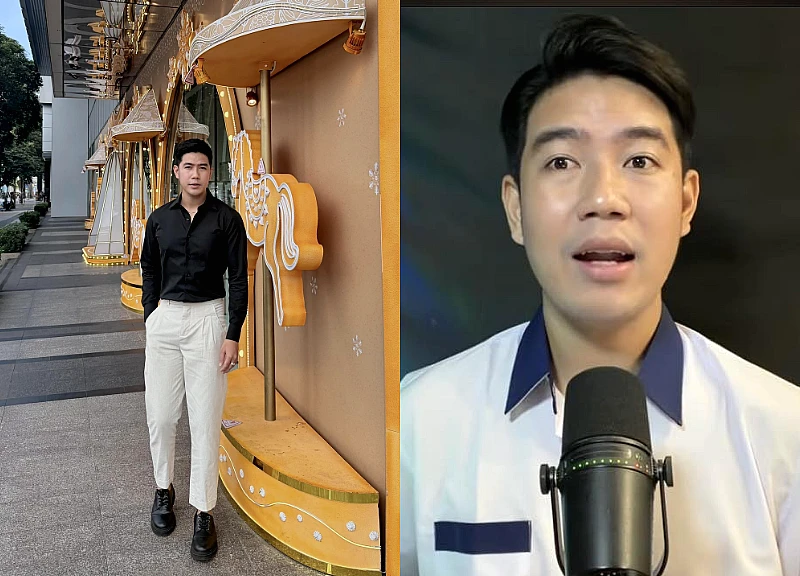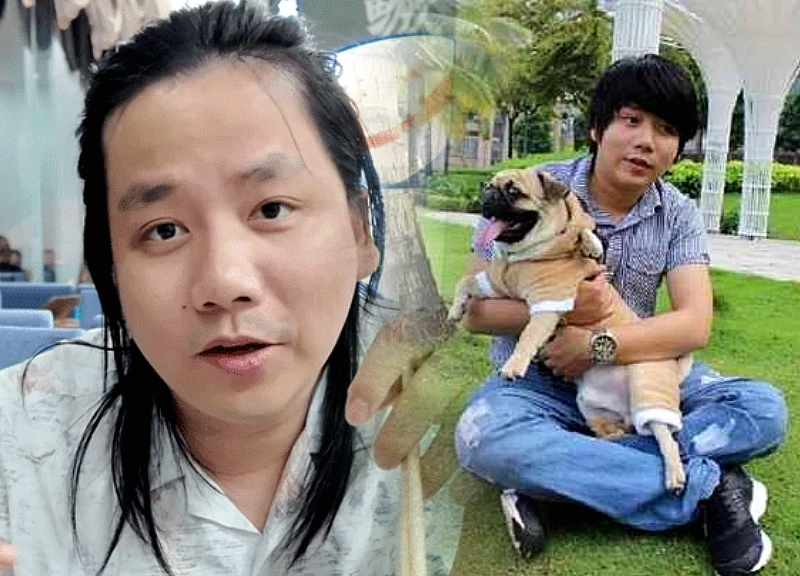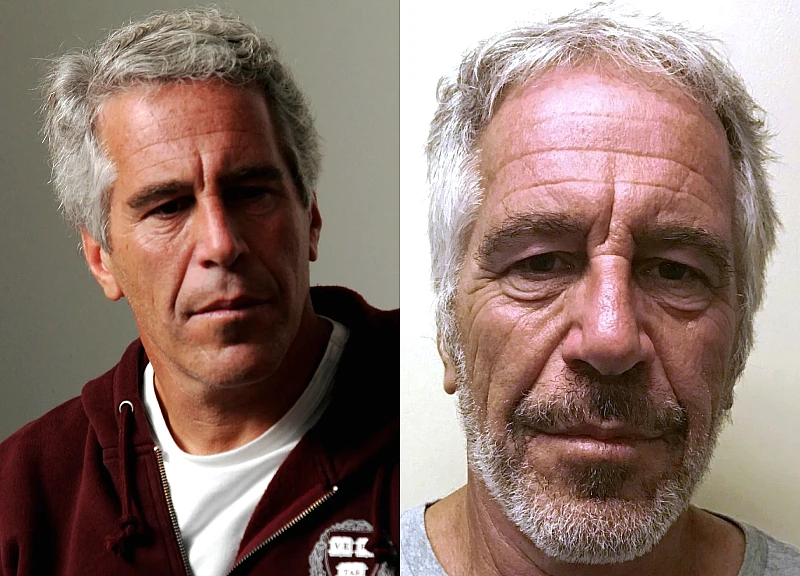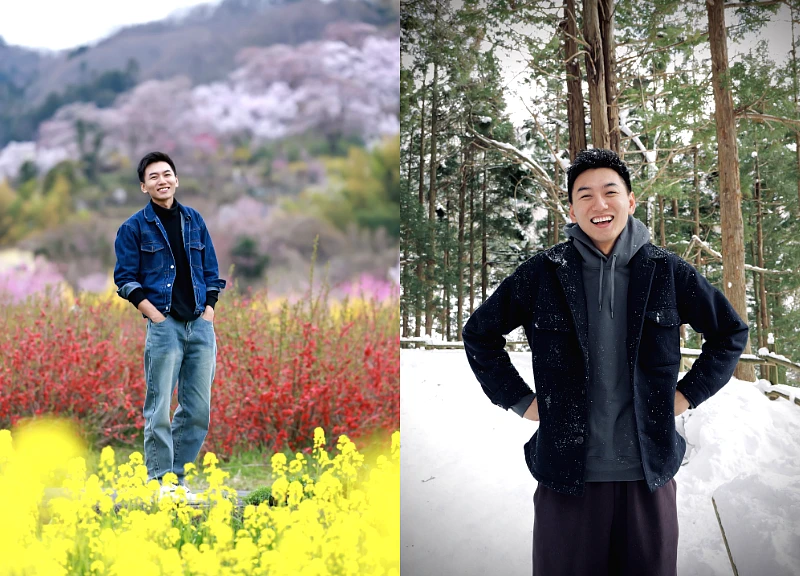The Ghost Story of Uncle 3 Duy: The secret of the billionaire behind the haunting and eerie narrative?

2 | 0 Discuss | Share
Le Viet Quoc is the researcher who wrote the Transformer algorithm used by both Google and Chat GPT. He was honored as one of the 35 best inventors under 35 in the world in 2014, with image and voice recognition software.
Le Viet Quoc was born in 1982 in Huong Thuy (Thua Thien-Hue province). He grew up in a time when his hometown had no electricity, but the young man's studious spirit did not fade away. He often goes to the library near his home to read books and research, dreaming of one day having his inventions.
When Le Viet Quoc, the first Vietnamese person, was named in the TOP of the world's leading young inventors, the teachers of Hue National Hoc Specialized School were not too surprised by Quoc's achievements. They still remember the poor student who specialized in math, came from the countryside but was always full of energy and passion for learning.
Quoc said, where he lived during his childhood, a poor village in Huong Thuy district, Thua Thien - Hue province, did not even have electricity. At that time, the small library near his house was a paradise for the boy.
Every day, Quoc buried his head in the library, voraciously reading books about great inventions and dreaming that one day, he would also be on that list.
At the age of 14, Quoc decided that the most useful invention for humanity would probably be a machine intelligent enough to be able to pursue and create inventions on its own - an idea that until now was still a dream. dream.
But it was that burning childhood dream that led Quoc on the path to becoming a pioneer in research and development of artificial intelligence, to create software that helps understand the world better than the way humans do. do.
Thanks to his innate intelligence and scientific qualities, after graduating from Hue Quoc National School for the Gifted, he continued to study at Australian National University (Australia), and was transferred to work as a PhD student at Stanford University (USA). about artificial intelligence. During the process of studying and researching here. Quoc has conducted some research in the field of Unsupervised Deep learning.
Quoc was one of the co-founders of Google Brain in 2011 along with advisor Dr. Andrew Ng, Google graduate student Jeff Dean, and Google researcher Greg Corrado. Google Brain is a Deep Learning exploration project based on Google's huge amount of data.
In 2013, Quoc officially joined Google as a researcher. An extremely impressive start with the giant's achievements in the field of machine translation. Quoc shared that he had to learn very carefully about deep learning methods. He also proposed sequence sequencing (Seq2seq) with Google researchers Ilya Sutskever and Oriol Vinyals.
Hidden behind a slim figure and glasses is a genius brain. He contributed to creating a revolution in the field of artificial intelligence worldwide. A quiet dream along with diligence helped Quoc win a full scholarship. Also from this period, he gradually became a "formidable" name in the world of artificial intelligence science. He won many awards at international conferences. His research was honored in the prestigious New York Times...
In the Google empire, Le Viet Quoc was assigned to manage the Google Brain project, in charge of a research team of about 25 people.
As the name suggests, Google Brain is truly "Google's brain", the department responsible for researching about 5-6 revolutionary projects in the most advanced technology field of humanity today. Quoc's team focuses on developing and perfecting voice recognition, image recognition and translation technology.
Ten years ago, when a book predicted that 50 years from now, humans will have computers that can recognize images as good as human eyes. At that time, this information caused a stir, but only 10 years later, computers that recognized images appeared.
In 2014, he was honored in the Top 35 outstanding inventors in the world. With achievements in image and voice recognition software. Notably, he is the person who successfully developed the natural language processing algorithm called seq2seq. This is the predecessor of the Transformer algorithm. Based on this algorithm, OpenAI has researched and launched an AI chatbot called GPT-1. It is the first generation of the ChatGPT "fever" that has been making waves lately.
By 2016, machines had surpassed human image recognition capabilities. A scientific problem that seems to be the most difficult but has made remarkable progress.
Next is the translation and voice recognition segment, in which Google Translate (Google's translation tool) is considered an incredibly convenient product for users. The product started from the seemingly impossible, from the place where a person said 10 words, the machine recognized two words incorrectly, after about 8 to 10 years, after ten words the person said, Google only got half the words wrong.
These incredible technological advances have a significant contribution from Le Viet Quoc, a young Vietnamese scientist.
Le Viet Quoc is a member of the Board of Trust of Fulbright University Vietnam. The Council brings together prestigious experts, scholars, scientists, and businessmen. He participated in discussions to develop a training program for computer science engineers. His expectation is to build a quality training program. Applying the world's top new innovations in the teaching and learning process.
Despite the extremely busy work schedule in the US, he said: "Every time I return and see the country develop a little more, I also want to contribute something. I believe, Vietnam wants to develop. development, first there must be at least one good university. Only then will there be good people to contribute to the country's development. Fulbright people make me feel passionate and want to contribute to positive change. this educational system. Therefore, I want to contribute to that mission."

2 | 0 Discuss | Share

1 | 0 Discuss | Share

4 | 0 Discuss | Share

4 | 0 Discuss | Share

2 | 0 Discuss | Share

1 | 0 Discuss | Share

1 | 0 Discuss | Share

2 | 0 Discuss | Share

3 | 0 Discuss | Share

4 | 0 Discuss | Share

4 | 0 Discuss | Share

4 | 0 Discuss | Share









4 | 1 Discuss | Report